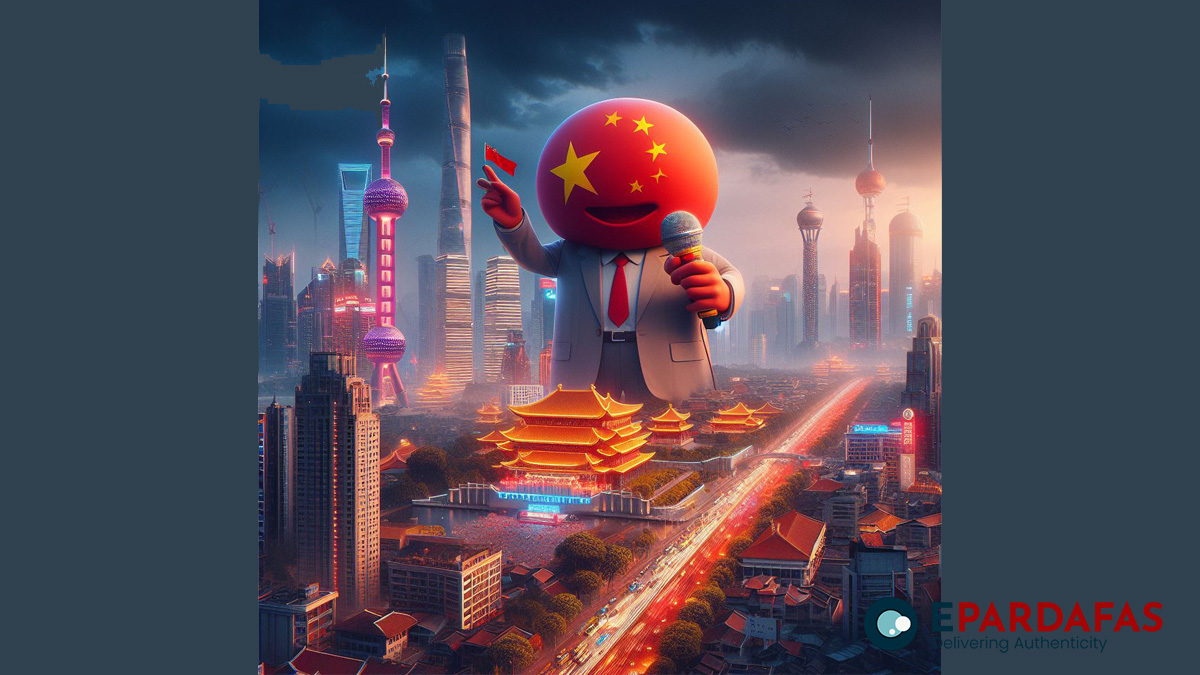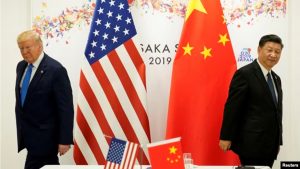
China Expands Media Influence in Indonesia

Beijing’s efforts to extend its media influence in Indonesia are gaining momentum, with a series of strategic partnerships and content-sharing agreements aimed at shaping narratives in the Southeast Asian nation.
From fully funded trips to cover China’s Belt and Road summit to collaborative arrangements with major media outlets, China is investing resources to disseminate its narrative to Indonesian audiences, analysts say.
One significant agreement was reached in November, as Indonesia’s Metro TV signed a pact with China Media Group to enhance content for Metro TV’s flagship Mandarin-language news program, “Metro XinWen.” This collaboration follows similar partnerships between The Jakarta Post and China Daily, as well as Indonesia’s news agency, Antara, and Chinese agencies Xinhua and CGTN.
These content-sharing arrangements are part of Beijing’s long-standing strategy, highlighted in a 2022 Freedom House report, which identified China’s use of cooperation agreements and censorship to influence media narratives.
Muhammad Zulfikar Rakhmat, co-author of the report and Director of China-Indonesia-Middle Eastern Studies at Indonesia’s Center of Economic and Law Studies, underscored concerns about the lack of proper attribution in articles sourced from Chinese state-owned media, potentially misleading Indonesian audiences.
While these deals may seem appealing amid economic challenges facing the media industry, local media experts stress Indonesia’s robust editorial policies to maintain independence in reporting.
Taufiqurrahman, Editor-in-Chief of The Jakarta Post, emphasized that collaborations with China Daily are purely commercial, involving advertisement space rather than editorial content.
However, concerns remain regarding potential editorial influence. Zulfikar highlighted that despite diverse coverage on China, Indonesian media outlets generally avoid narratives conflicting with national interests, such as disputes in the South China Sea.
Christine Tjhin, an expert in China-Indonesia relations at the Gentala Institute, noted that despite news-sharing agreements, China likely does not exert direct control over local media’s editorial policies.
While economic factors have led some Indonesian media to seek foreign investments, legal safeguards and a vibrant press freedom community continue to uphold editorial independence.
Indonesia has made strides in press freedom, ranking 108 out of 180 countries on the World Press Freedom Index. However, vigilance remains crucial to safeguard journalistic integrity amid evolving media landscapes and foreign influence.












Comments